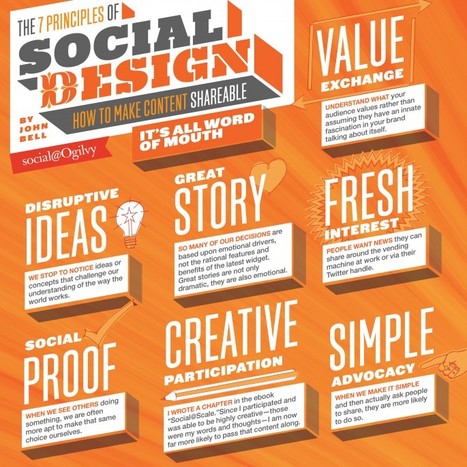Bob Brown of Network World has curated news of two very interesting Twitter research projects that caught my attention.
We all agree that freedom of speech is good, and it's great that everyone can now become a publisher. However, there's a double-edged sword: If we speak to a friend before we think something though, all will surely be forgiven and forgotten. After all, we all make mistakes. But if you click that Tweet or Share button too quickly, either succumbing to knee-jerk reactions or without first checking the facts, you may find the digital world to be less forgiving.
Content curators have to be especially vigilent about curating someone else's content to make sure the facts and information are correct.
I believe the research related to here is essential reading, as it is furtherment of an established and growing trend:
One relates to Wellesley College's Department of Computer Science where two professors have been awarded a near half million dollar National Science Foundation grant to:
****build an application that gauges the trustworthiness of information shared on social networks, and in particular Twitter.
This was originally envisioned as a form of spammer identification, but
****has broadened to be able to determine the past history of a tweeter and also whether information being received is available from multiple sources.
The other brings us news of 'Tweetographer', a huge Data Mining project by two University of Cincinatti Computer Science students, descibed as:
"a real-time events guide extracted from information coming via large numbers of tweets."
This could be available as a web or mobile app at the end of the year and one of the co-creators, Billy Clifton (his partner is Alex Padgett)
**sees the uses expanding in the future to predict election results and compiling product reviews.
My takeaways are:
**that we all need to be very aware that what we tweet today can and may be used against us in the future
**search is still very much in its infancy when it comes to engine sophistication, stay tuned.
Curated by Jan Gordon covering "Content Curation, Social Media & Beyond"
Read full article here: [http://bit.ly/s00504]
Via
janlgordon



 Your new post is loading...
Your new post is loading...








So true!
Amazing